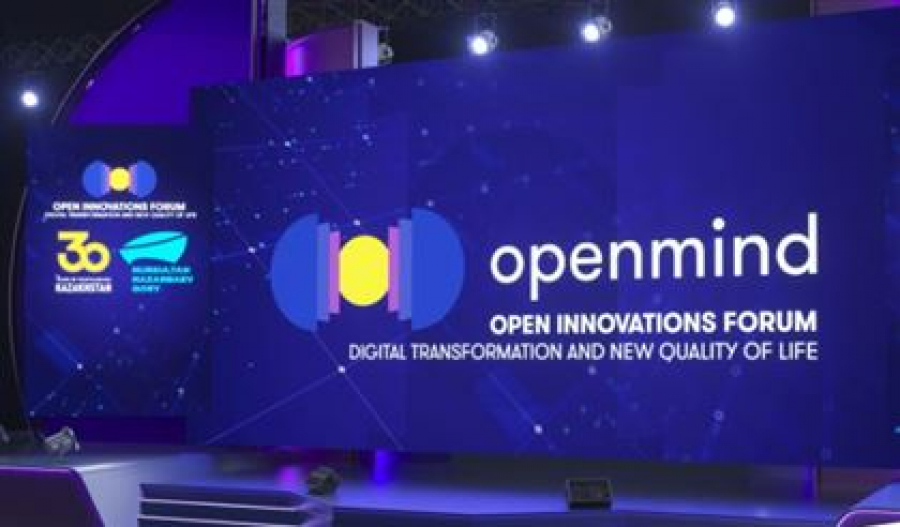
Kazakh scientists have developed a
revolutionary material – a silicon carbon nanocomposite derived from rice
husks. This unique product will be manufactured at a specialized facility with
an annual capacity of 1,500 tonnes. According to the project authors, rice husk
is a renewable raw material. The product obtained from its processing can be
utilized as a filler for rubber products, friction materials, and as a raw
material for silicon and ferroalloys. The nanocomposite can be applied in
agriculture and for manufacturing anodes for lithium-ion batteries. It is worth
noting that the National Center for Integrated Processing of Mineral Raw Materials
is implementing the project with the support of the Science Fund. State support
for the project amounted to 300 million tenge, with 60 million tenge invested
by the manufacturer.
«Kazakhstan produces a substantial volume
of rice, resulting in a significant amount of rice husk waste, which can
account for up to 20 percent of the total mass. Rice husk contains a large
amount of silicon dioxide. While the project primarily aims at import
substitution, there is also potential for export,» noted Serik Mazhikenov, the
Director of the Department of Technology Commercialization at the Science Fund.









